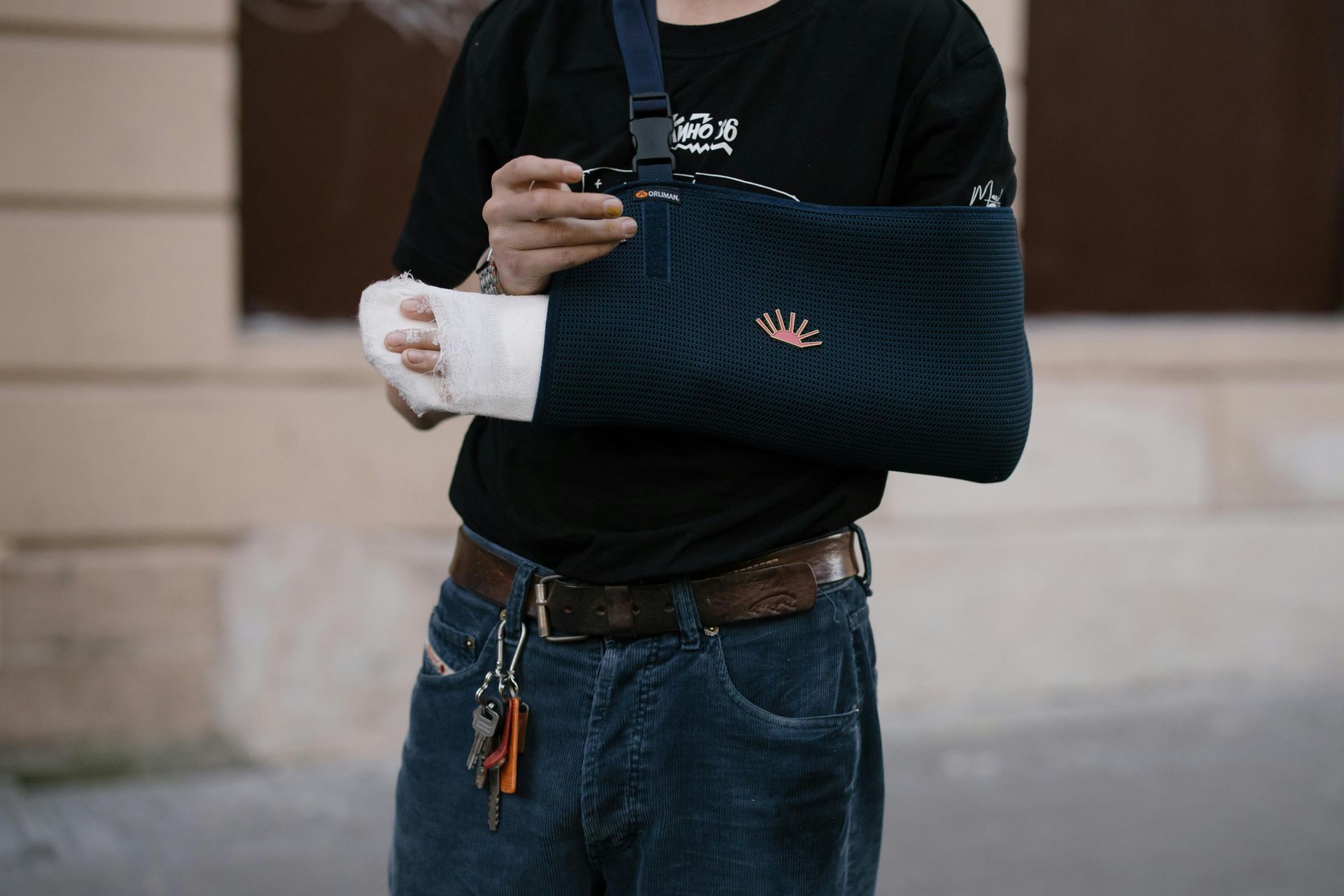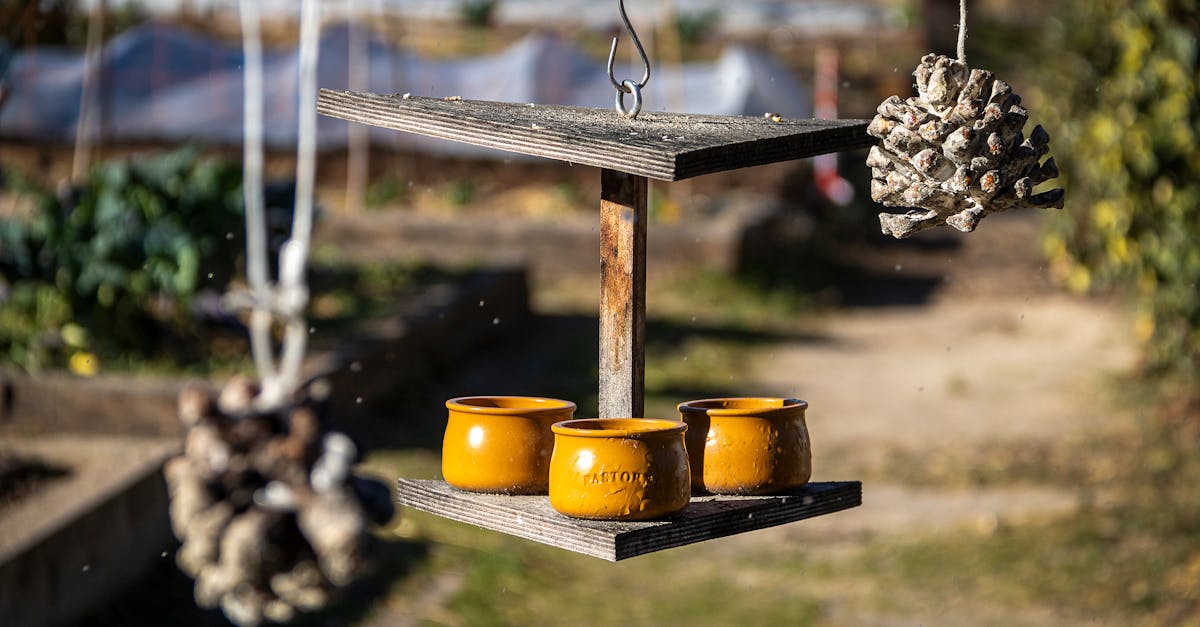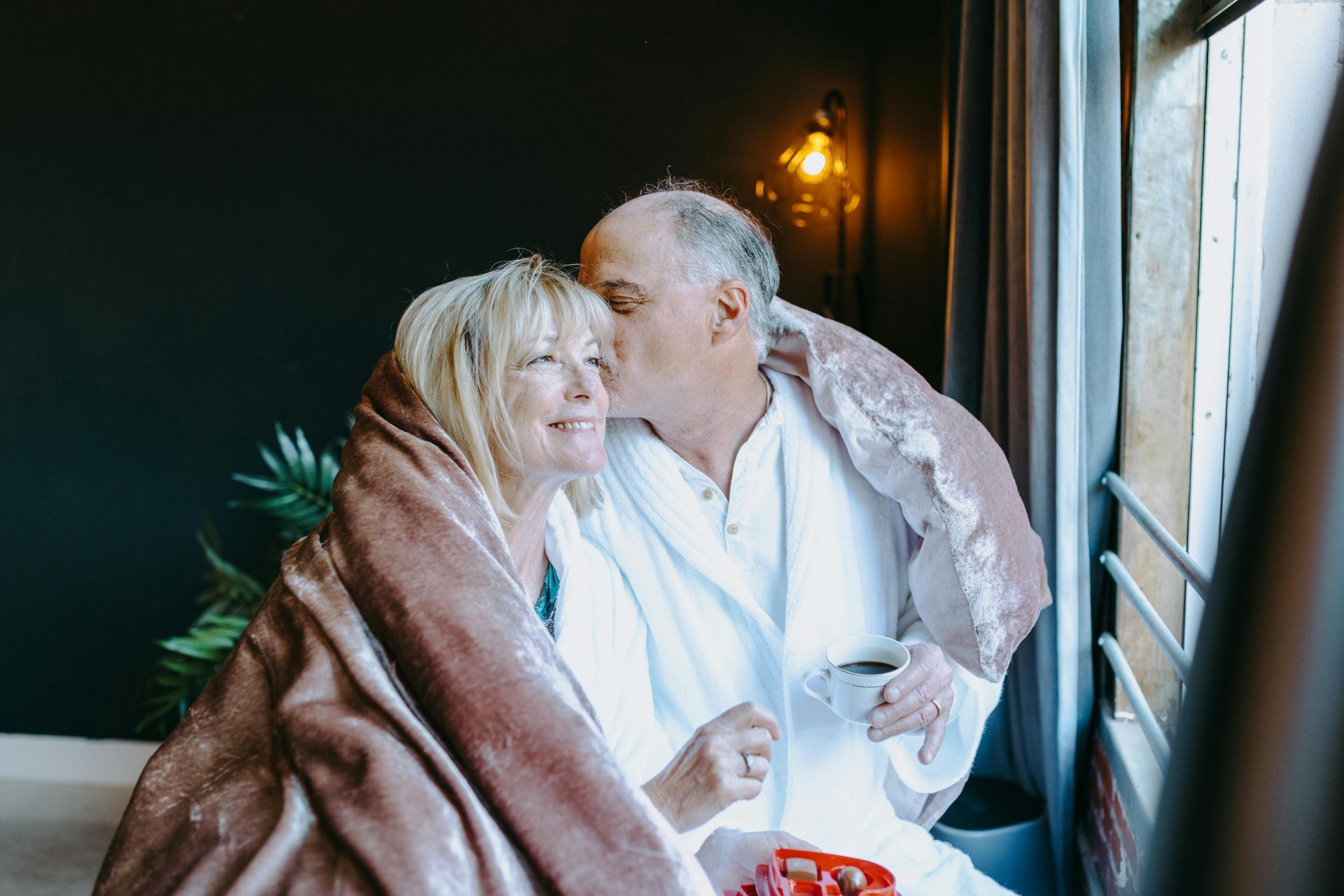Strangers and the Unknown: Choosing Hospitality Over Hostility
At birth, every single person in the world is a stranger to us. The doctor who catches us, the parents who hold us, the family who coos over us—they are unfamiliar faces in an unfamiliar world. Yet, within moments, we begin to learn the art of trust. We rely on others to feed us, keep us warm, and ensure our survival. As we grow, strangers transform into loved ones, caregivers, mentors, and friends. The unknown becomes familiar. The unfamiliar becomes safe.
But life does not unfold in a straight line. Relationships form, and sometimes, they break. People disappoint us. They betray our trust, leave us hurting, or simply drift away. In those moments, it is easy to withdraw, to build walls instead of bridges, to categorize others as hostis—an enemy, a threat, someone to be wary of. After all, if we don’t let others in, they can’t hurt us, right?
And yet, while shutting others out may feel like protection, it is also a kind of self-inflicted wound. Because just as strangers can hurt us, they can also heal us. They can surprise us with kindness, offer us laughter when we need it most, and stand by us in ways we never expected. The choice before us is one as old as language itself: do we treat the unknown with hostis—hostility, fear, and skepticism? Or do we embrace hospes—hospitality, generosity, and the willingness to trust again?
The Science of Connection
Choosing hospes is not just a sentimental ideal; it is a life-or-death decision. Research has consistently shown that meaningful relationships are critical to our physical and mental health.
- Loneliness is as deadly as smoking 15 cigarettes a day. A landmark study published in PLOS Medicine found that social isolation increases mortality risk as much as smoking or obesity. Being disconnected from others is not just emotionally painful—it is physically harmful.
- Strong relationships protect against dementia and heart disease. Studies from Harvard and the University of Michigan have found that people with deep social ties have lower rates of cognitive decline, lower blood pressure, and better overall cardiovascular health. Simply put, relationships keep our hearts—both literally and figuratively—strong.
- Connection strengthens resilience. People with strong social support networks are better able to cope with stress, trauma, and grief. A listening ear, a comforting presence, or a shared moment of laughter can make the difference between despair and hope.
In a world increasingly divided by suspicion and guardedness, choosing hospes—choosing to trust, to welcome, to engage—becomes a radical act of self-preservation.
The Risk of Connection
Of course, it is not always easy. There are those who will take advantage of kindness, who will betray our trust, who will prove unworthy of the openness we extend. It is natural to recoil after experiencing hurt, to say, Never again. Never will I let someone in like that again.
And yet, what we gain from connection is far greater than what we lose. For every person who disappoints us, there are countless others who will stand by us. For every betrayal, there is a moment of unexpected kindness. Yes, some people will hurt us—but if we close ourselves off entirely, we deny ourselves the chance to experience the deep, meaningful connections that make life worth living.
Trust, But Be Wise
Choosing hospes does not mean being naive. It does not mean ignoring red flags or giving unlimited chances to those who have proven unworthy of trust. As the great Maya Angelou said, “When someone shows you who they are, believe them the first time.”
Not everyone will reciprocate your hospitality. Some people operate in a spirit of hostis, and once that is clear, it is wise to step back. But that does not mean we close ourselves off to everyone. It simply means we become discerning in where we invest our energy.
Pour your time into those who live in the spirit of hospes—those who show up, who care, who embrace connection rather than manipulation. And when you find those people, hold onto them. Nurture those relationships, because they will be your lifeline.
Creating a More Hospitable World
If we all do a little more of that—if we each choose hospes a little more often than hostis—we will find ourselves in a far more hospitable, and far less hostile, world. It starts with small acts:
- A warm smile instead of looking away.
- A conversation with a new colleague instead of staying in your bubble.
- An act of kindness with no expectation of return.
- Reaching out to someone you haven’t spoken to in a while.
Each small act of hospes is a crack in the walls of isolation, a step toward the deep, fulfilling connections that keep us healthy, happy, and whole. Yes, the unknown is scary. Yes, people can and will hurt us. But if we approach the world with the belief that more people are good than bad, that connection is worth the risk, we give ourselves the best chance at a rich, meaningful, and well-lived life.
Because in the end, we all start as strangers. But we don’t have to stay that way.











